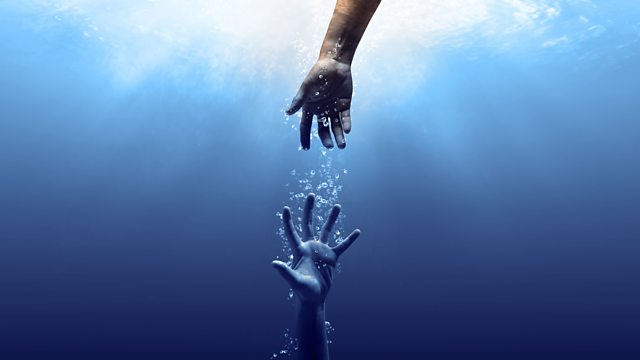Would you risk your life to save another?
Crowdscience investigates why some people put themselves in danger to help others. Are there such things as heroes?
Have you ever broken up a fight? Or pushed someone out the way of an oncoming vehicle, only to be hit by it yourself? Most of us probably haven’t taken as many risks as listener Alix, who has put herself in peril to save strangers on several occasions, and she wants Crowdscience to investigate why. At a time when medical professionals have to weigh up the personal dangers of working on the frontline of the Coronavirus crisis, it’s a particularly timely question. Marnie Chesterton finds out why it’s a good thing that children push the boundaries of what’s safe during playtime, because it makes them less anxious adults. And she questions the existence of the so-called bystander effect, discovering how evolution has ensured we’re a much braver species than we sometimes give ourselves credit for. But she hears from some social scientists who say there’s no such thing as a ‘hero’, however likely they are to intervene to help others.
The virtual reality experience in this programme was created by the Human-Computer Interaction Lab of the University of Udine, Italy
This programme has been updated since its original publication to correct an editorial error.
Presented by Marnie Chesterton
Produced by Marijke Peters
Last on
More episodes
Previous
Clip
-
![]()
How likely are we to risk ourselves for others?
Duration: 02:20
Broadcasts
- Fri 5 Jun 2020 19:32GMT�鶹������ҳ��� World Service
- Mon 8 Jun 2020 01:32GMT�鶹������ҳ��� World Service
- Mon 8 Jun 2020 06:32GMT�鶹������ҳ��� World Service
- Mon 8 Jun 2020 12:32GMT�鶹������ҳ��� World Service except East and Southern Africa & West and Central Africa
- Mon 8 Jun 2020 15:32GMT�鶹������ҳ��� World Service East and Southern Africa & West and Central Africa only
Podcast
-
![]()
CrowdScience
Answering your questions about life, Earth and the universe



